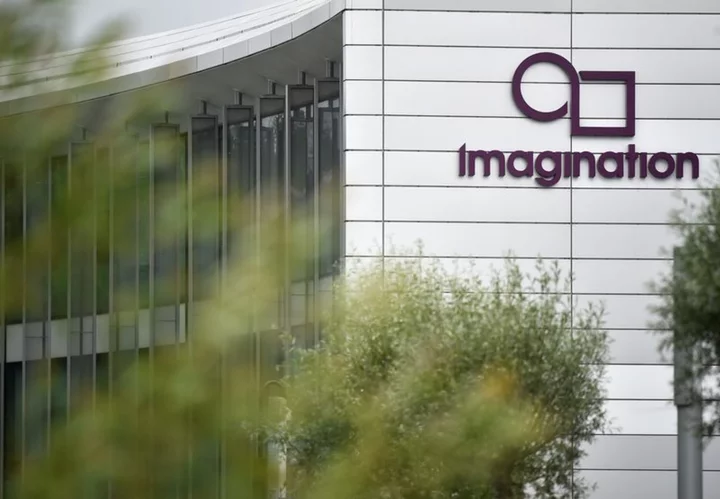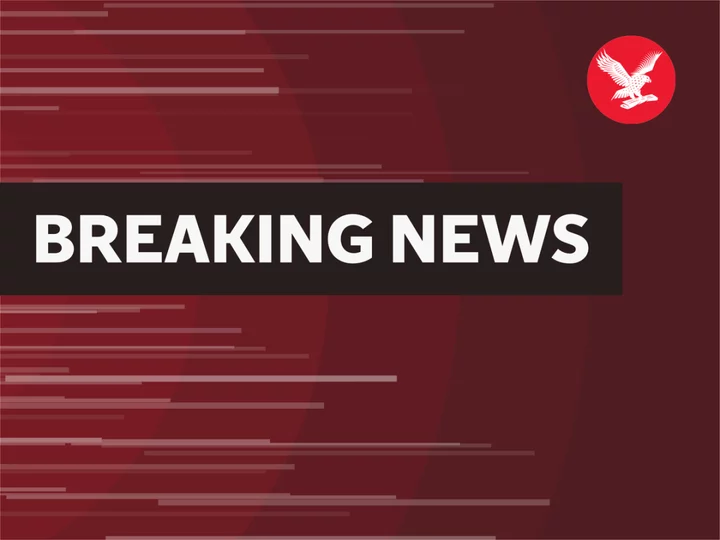German Chancellor Olaf Scholz’s ruling coalition resolved its latest dispute, sealing a deal that unblocks €6.5 billion ($7 billion) in corporate tax relief as well as €2.4 billion in additional child benefits from 2025.
The compromise was reached late Sunday during a meeting in the chancellery in Berlin. Scholz had to step in after Lisa Paus of the Greens, the families minister, blocked the tax relief package pushed by Finance Minister Christian Lindner, the head of the pro-business Free Democrats, because she wanted more money for child benefits than Lindner had initially allocated.
“At times these were really very tough negotiations but it was worth it,” Paus, flanked by Lindner and Social Democrat Labor Minister Hubertus Heil, said Monday at a news conference. She made it clear, however, that more money would be needed to eradicate child poverty completely.
The three-party ruling alliance was under pressure to put the spat behind it ahead of a two-day cabinet retreat starting Tuesday that is meant to focus on the government’s efforts to boost Germany’s flagging economy.
Scholz and his senior ministers also want to foster an impression of unity that has often been missing in recent months and has contributed to a plunge in support for the coalition parties in opinion polls.
Voters disillusioned with the traditional governing parties and struggling with rising prices for food and energy have shifted allegiance in record numbers to the far-right Alternative for Germany party, which has surged to second place in the polls behind only the main opposition conservatives.
Lindner, a self-styled budget hawk, has been at the center of coalition infighting, angering the Greens with policy wins on issues including fossil-fuel boilers, combustion-engine cars, and a temporary extension to the life of Germany’s nuclear plants.
Read more: German Greens Veto Lindner Tax-Relief Plan in New Coalition Spat
Industry lobby groups have given Lindner’s tax relief package — which focuses on small and medium-sized businesses — a cautious welcome, while criticizing the time it took the government to get its act together.
One of the main elements is a new subsidy mechanism for climate-friendly investments — part of the ruling coalition’s blueprint for government agreed in 2021 — to help companies speed the process of cutting emissions.
Recent data on Europe’s largest economy — Germany is the only major country whose output is forecast to shrink this year — suggests it badly needs a boost to help avoid a protracted period of weakness.
Read more: Germany Faces Grim Outlook as Business Confidence Worsens
“We can no longer afford to wait any longer, otherwise the economy will tip into recession for good,” Dirk Jandura, president of the BGA wholesale and foreign trade association, said Monday in an emailed statement.
The relief package “is therefore overdue and indispensable for securing Germany’s future as a business location,” he added.
Both the tax package and the child benefit measures are due to be signed off at a cabinet meeting on Wednesday before being sent to parliament for consultation and eventual approval.
(Updates after news conference)









